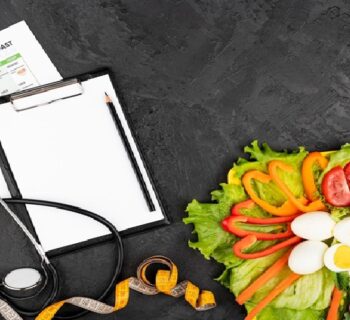As a matter of fact, to be detected with major depressive disorder in some cases called clinical depression or just depression, or by its acronym MDD, you have to experience numerous distinctive symptoms for most of the day, almost every day, for at the very least two weeks.
Among those symptoms requires being consistent sensations of sadness or emptiness, or a loss of passion in tasks you made use to take pleasure in, such as work, hobbies, seeing buddies, even food and sex.
According to the American Psychiatric Association's DSM-5 guidelines and depression research study, you additionally require to experience at the very least four of the adhering to signs and symptoms, three if you have both of the signs and symptoms as mentioned above:
- Substantial changes in appetite, weight management or gain unrelated to diet programs
- Difficulty sleeping or sleeping excessively
- Enhanced uneasiness, also called as psychomotor anxiety, or the opposite, moving more gradually, also called as psychomotor retardation
- Fatigue, exhaustion, or loss of energy, making basic jobs, such as clothing or cleaning, hard
- Really feeling worthless or wrongly guilty, such as continuously thinking of past blunders
- Problem reasoning clarity, concentration, or choosing
- Recurring thoughts of suicide or death, with or without a details strategy, or a self-destruction attempt
It is necessary to note that to count toward a medical diagnosis of a major depressive problem; a sign should trigger significant distress or make daily tasks much harder than normal. So, for instance, if you typically have difficulty sleeping, sleep problems would not count as a symptom of significant clinical depression for you.
What Are the Roots of Depression?
There's wide agreement among mental health and wellness professionals as well as scientists that clinical depression is largely brought on by three types of elements that engage to differing degrees in each person.
- Biological, which includes your genes, your hormones, and your physical health;
- Psychological, such as your coping skills as well as exactly how you view yourself;
- Social, like early life events or prolonged tension at the office or residence.





















